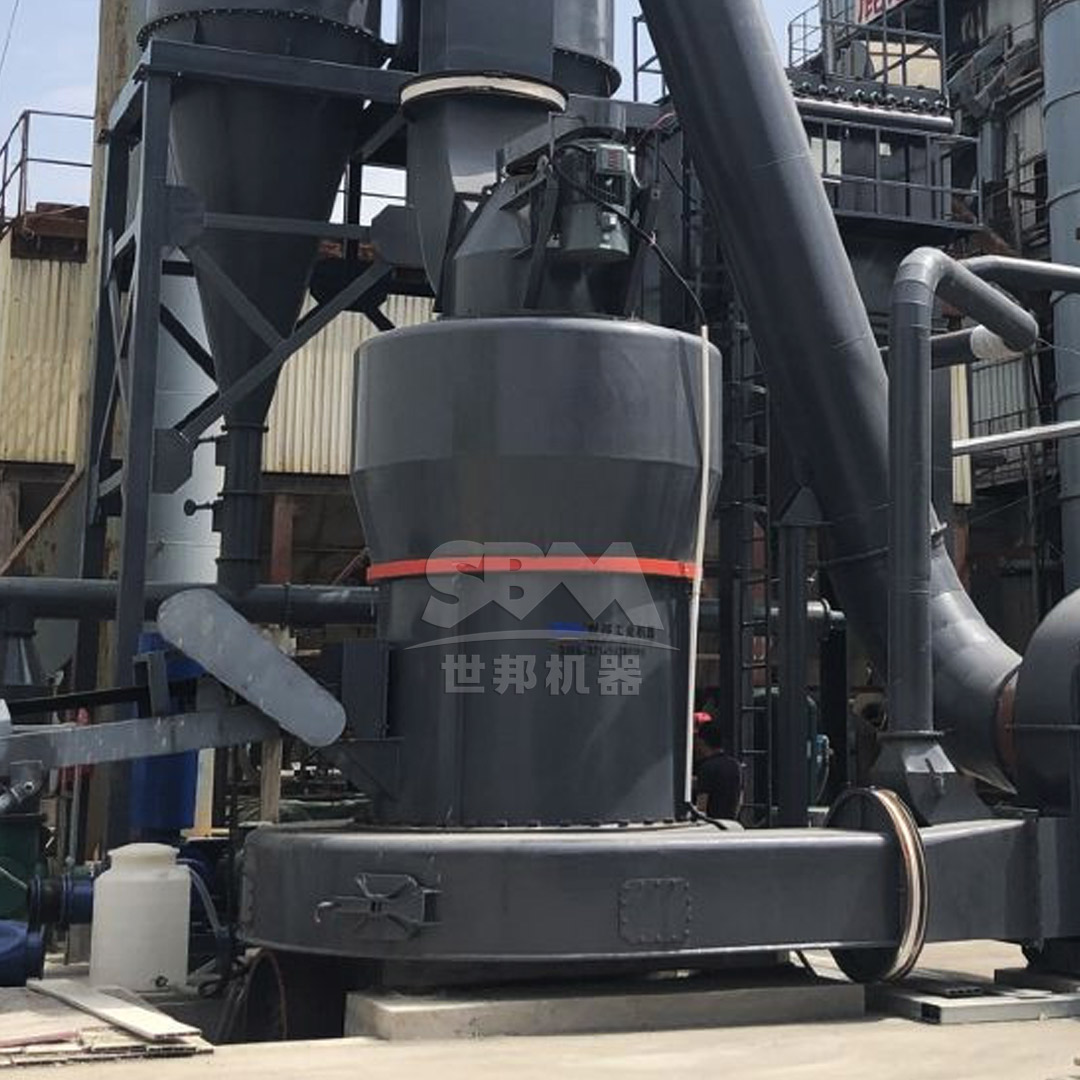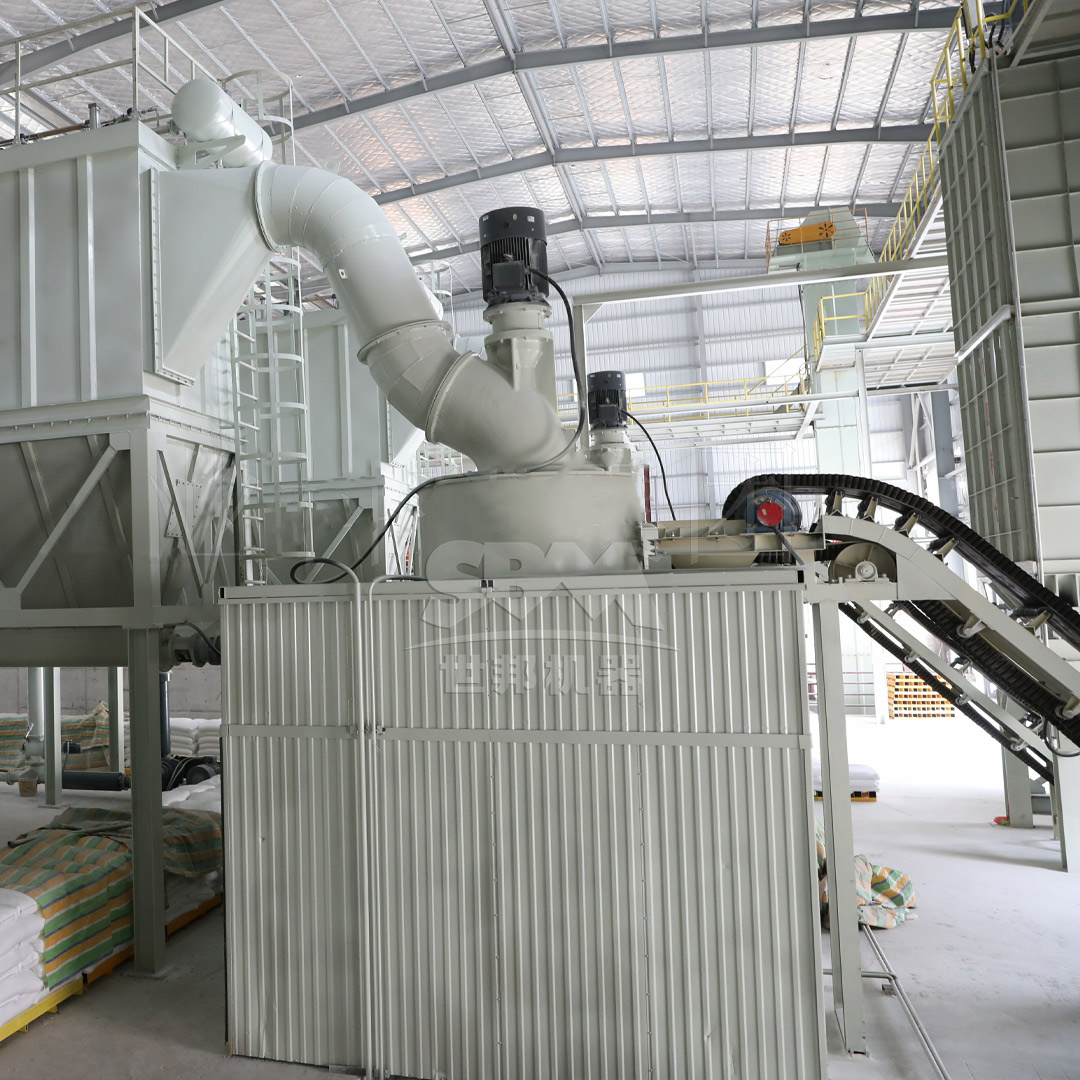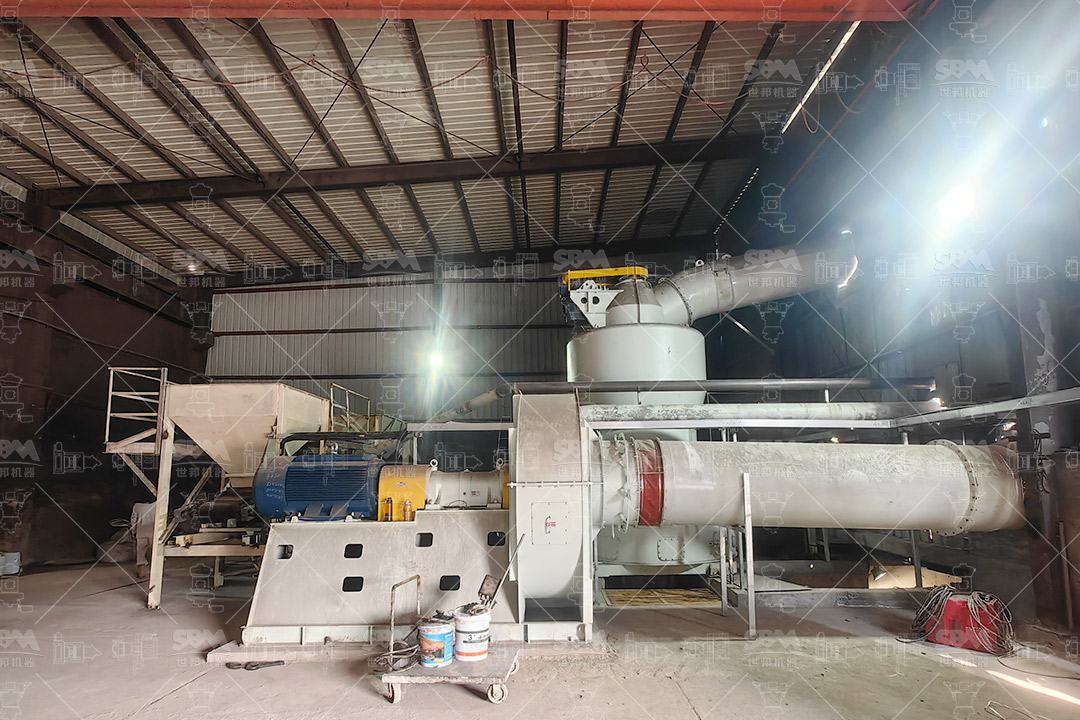The production of high-quality electrode paste is a critical process in the aluminum and steel industries, where petroleum coke serves as the primary raw material. The quality of the final electrode product heavily depends on the fineness and consistency of the petroleum coke powder used in its formulation. Selecting the appropriate ultrafine mill for petroleum coke grinding is therefore a crucial decision that impacts product quality, production efficiency, and operational costs.
Petroleum coke, a carbonaceous solid derived from oil refinery coker units, requires precise grinding to achieve the specific particle size distribution necessary for optimal electrode performance. The ideal mill must not only produce powder with the required fineness but also maintain consistent quality while operating efficiently and economically.

Electrode paste production demands precise control over particle size distribution. The optimal fineness typically ranges from 325 to 2500 mesh (D97 ≤ 5μm) for ultrafine applications. This fine grinding ensures proper binding characteristics, electrical conductivity, and structural integrity in the final electrode product.
The mill must consistently produce powder within this narrow size range while minimizing the presence of oversized particles that can compromise electrode quality. Advanced classification systems are essential for achieving this level of precision.
Matching mill capacity to production requirements is fundamental to operational efficiency. For electrode paste manufacturing, typical throughput requirements range from small-scale operations (0.5-5 tons per hour) to large industrial facilities (15-25 tons per hour or more).
When evaluating capacity, consider both current needs and future expansion plans. The selected mill should offer scalability without compromising grinding efficiency or product quality.
Grinding operations account for a significant portion of energy consumption in electrode paste production. Modern ultrafine mills should offer substantial energy savings compared to traditional grinding technologies. Look for mills that provide at least 30% reduction in energy consumption while maintaining or improving throughput.
Continuous operation is essential in electrode paste production. The selected mill must demonstrate high reliability with minimal downtime for maintenance. Key components such as grinding elements, bearings, and classification systems should be designed for extended service life and easy replacement.
Modern grinding operations must meet stringent environmental standards for dust emissions and noise pollution. The ideal mill should incorporate advanced dust collection systems with efficiency exceeding 99.9% and operate at noise levels below 80 dB to ensure worker safety and regulatory compliance.
| Mill Type | Output Fineness | Capacity Range | Energy Efficiency | Suitable for Electrode Paste |
|---|---|---|---|---|
| Ultrafine Mill | 325-2500 mesh | 0.5-25 t/h | High | Excellent |
| Trapezium Mill | 30-325 mesh | 3-45 t/h | Medium-High | Good |
| Vertical Roller Mill | 30-325 mesh | 3-250 t/h | High | Good |
| Ball Mill | 0.074-0.8mm | 0.65-450 t/h | Medium | Fair |
For petroleum coke grinding specifically for electrode paste applications, the SCM Ultrafine Mill stands out as the premier choice. This advanced grinding system is specifically engineered to meet the exacting requirements of electrode manufacturing, delivering consistent, high-quality powder with exceptional efficiency.
The SCM series offers output fineness ranging from 325 to 2500 mesh (D97 ≤ 5μm), perfectly matching the specifications for premium electrode paste. With capacity options from 0.5 to 25 tons per hour, these mills can accommodate operations of various scales while maintaining precise particle size control.

Superior Grinding Efficiency: The SCM Ultrafine Mill delivers twice the capacity of jet mills while reducing energy consumption by 30%. This efficiency translates to significant cost savings in electrode paste manufacturing, where grinding represents a major operational expense.
Precise Particle Size Control: Equipped with a vertical turbine classifier, the SCM mill ensures accurate particle size distribution with no coarse powder contamination. This precision is critical for achieving the consistent quality required in electrode paste formulations.
Enhanced Durability: Specially designed grinding rollers and rings manufactured from wear-resistant materials provide extended service life, reducing maintenance frequency and costs. The innovative bearing-free screw grinding chamber design ensures stable operation even under continuous production conditions.
Environmental Performance: With pulse dust collection efficiency exceeding international standards and noise levels below 75 dB, the SCM mill creates a safe working environment while meeting the most stringent environmental regulations.
| Model | Processing Capacity (t/h) | Main Motor Power (kW) | Input Size (mm) | Output Fineness (mesh) |
|---|---|---|---|---|
| SCM800 | 0.5-4.5 | 75 | ≤20 | 325-2500 |
| SCM900 | 0.8-6.5 | 90 | ≤20 | 325-2500 |
| SCM1000 | 1.0-8.5 | 132 | ≤20 | 325-2500 |
| SCM1250 | 2.5-14 | 185 | ≤20 | 325-2500 |
| SCM1680 | 5.0-25 | 315 | ≤20 | 325-2500 |
For operations requiring coarser grinding or higher capacity, the MTW Series Trapezium Mill presents an excellent alternative. This robust grinding system delivers output fineness from 30 to 325 mesh with capacities ranging from 3 to 45 tons per hour.
The MTW mill features several technological advantages particularly beneficial for petroleum coke processing:
Advanced Wear Protection: The combination shovel design reduces maintenance costs while curved surfaces extend roller service life. This is particularly valuable when processing abrasive materials like petroleum coke.
Optimized Air Flow: The curved air channel design minimizes energy loss while improving material transport efficiency. High-strength protective plates safeguard critical working surfaces from wear.
Efficient Drive System: With bevel gear overall transmission achieving 98% efficiency, the MTW mill delivers reliable performance while reducing installation costs and space requirements.

Proper preparation of petroleum coke before grinding is essential for optimal mill performance. The raw material should be pre-crushed to meet the mill’s maximum input size specification (typically ≤20mm for ultrafine mills). Moisture content should be controlled, as excessive moisture can reduce grinding efficiency and affect product quality.
A complete grinding system includes not only the mill itself but also supporting equipment such as feeders, classifiers, dust collectors, and packaging systems. Ensure proper integration of all components to achieve seamless operation and consistent product quality.
Proper training for operational and maintenance personnel is crucial for maximizing mill performance and longevity. Understanding the specific characteristics of petroleum coke grinding helps operators optimize parameters for different production requirements.
When evaluating mill options for electrode paste production, consider the total cost of ownership rather than just the initial investment. Factors to include:
Energy Consumption: The SCM Ultrafine Mill’s 30% reduction in energy consumption compared to conventional mills can result in substantial savings, particularly in regions with high electricity costs.
Maintenance Costs: Durable components and accessible design reduce both the frequency and cost of maintenance interventions. The extended service life of grinding elements directly impacts operational expenses.
Product Quality Benefits: Consistent, high-quality powder can improve electrode performance, potentially commanding premium prices in the market or reducing rejection rates in customer applications.
Selecting the right petroleum coke ultrafine mill is a critical decision that significantly impacts the quality, efficiency, and profitability of electrode paste production. The SCM Ultrafine Mill emerges as the superior choice for operations requiring the finest powder quality with precise particle size control, while the MTW Trapezium Mill offers an excellent alternative for higher capacity requirements with slightly coarser specifications.
By carefully considering technical requirements, production capacity, energy efficiency, and operational reliability, manufacturers can implement a grinding solution that not only meets current needs but also supports future growth and innovation in electrode paste production.
Investing in advanced grinding technology like the SCM Ultrafine Mill represents a strategic decision that pays dividends through improved product quality, reduced operating costs, and enhanced competitive positioning in the global electrode market.